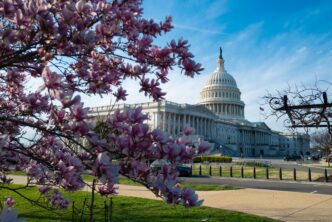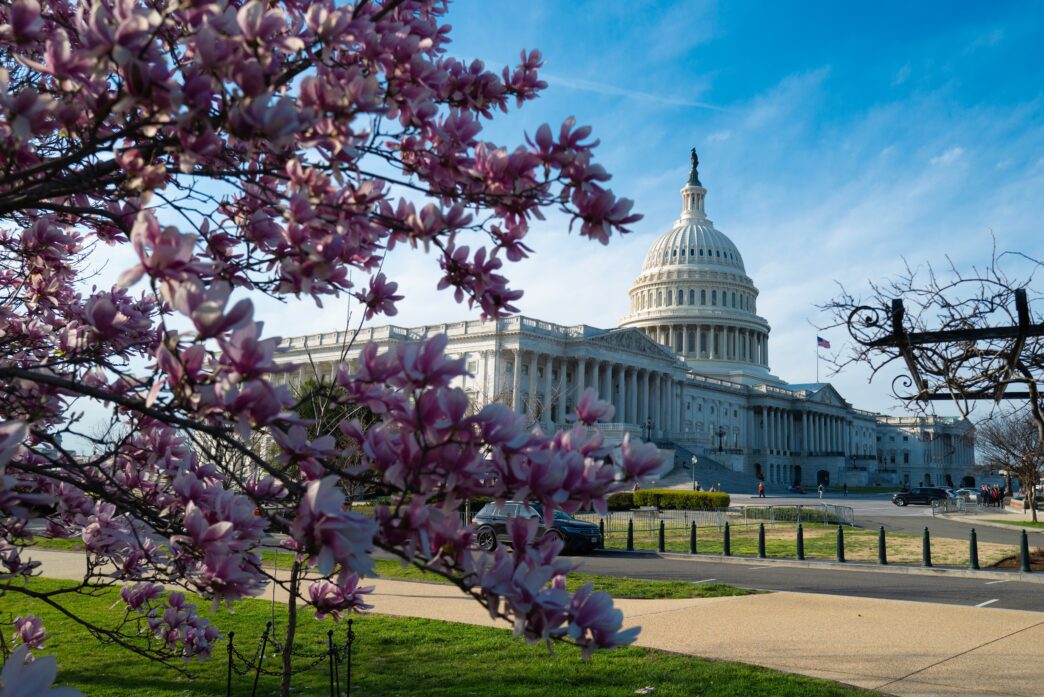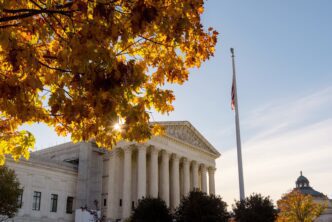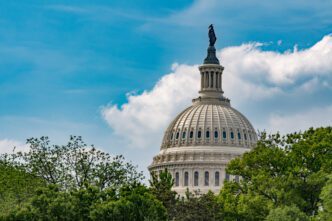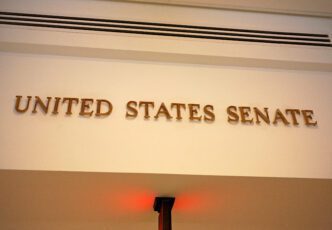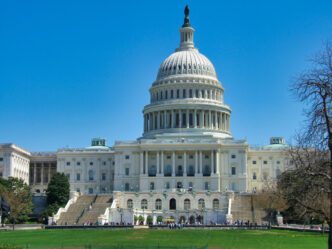Executive Summary
The Story So Far
Why This Matters
Who Thinks What?
A group of Democratic senators, joined by one Democratic-aligned independent, have helped secure an agreement to end the government shutdown, stating they had obtained a vote on the Affordable Care Act (ACA) subsidies central to the standoff. The deal was reached on November 9, 2025, following a prolonged period of legislative impasse on Capitol Hill.
The Deal’s Rationale
The negotiators argued that Republicans’ “flat refusal” to consider earlier Democratic proposals made this the “best possible offer” they could achieve. Several senators highlighted the significant disruptions and hardship caused by the shutdown, which had reportedly become the longest in U.S. history at 40 days.
Key Supporters and Their Reasoning
Senator Dick Durbin (Illinois)
Senator Dick Durbin, a veteran member of Democratic leadership, broke with Minority Leader Chuck Schumer, who opposed the deal. Durbin stated that while the bill was “not perfect,” it took “important steps to reduce their shutdown’s hurt.” He emphasized the impact on federal workers, including air traffic controllers, who continued to work under stress without pay.
Senator Angus King (Maine)
Independent Senator Angus King, known for bipartisan deal-making, expressed alarm over the shutdown’s consequences. He questioned whether a solution on the ACA was becoming more likely as the shutdown progressed, concluding it was not. King noted that the deal still offers a chance for an ACA subsidies vote, despite the ongoing harm to many people.
Senator Tim Kaine (Virginia)
Senator Tim Kaine pointed to both the ACA subsidies and the defense of the federal workforce as key motivations for his support, a significant issue in his state, which is home to approximately 300,000 federal employees. Kaine confirmed the deal “guarantees a vote to extend Affordable Care Act premium tax credits” and protects federal workers from “baseless firings,” ensures reinstatement, and provides back pay.
Senator John Fetterman (Pennsylvania)
Senator John Fetterman, who had previously voted for a House-passed short-term funding resolution, asserted that the shutdown had “more than run its course.” He cautioned that his party might be “overplaying its hand,” leading to “a lot of chaos and a lot of upheaval” without much accomplishment over the past 40 days.
Senator Jeanne Shaheen (New Hampshire)
Senator Jeanne Shaheen argued that “waiting longer will only prolong the pain Americans are feeling because of the shutdown.” She clarified that weeks of negotiations with Republicans had made it evident they would not address healthcare as part of shutdown talks, but acknowledged the secured vote on the legislation she had long championed.
Senator Maggie Hassan (New Hampshire)
Senator Maggie Hassan reported hearing from constituents affected by both impending health care cost increases and the government shutdown. She stressed that “Congress has one month to engage in serious bipartisan negotiations to extend the Affordable Care Act’s expiring tax cuts that help people afford their health insurance.”
Senators Catherine Cortez Masto and Jacky Rosen (Nevada)
Senator Catherine Cortez Masto highlighted the suffering of “hardworking individuals, seniors, children,” noting food bank lines that rivaled those during the Covid-19 pandemic. She affirmed the ability to “open the government and we can still fight to address this looming health care crisis.” Her colleague, Senator Jacky Rosen, criticized President Trump and Washington Republicans, accusing them of “weaponizing their power” to inflict suffering, citing impacts on SNAP benefits and the tourism industry.
Opposition to the Agreement
Despite the bipartisan effort to end the shutdown, many prominent Democrats voiced strong opposition to the deal. Minority Leader Chuck Schumer was among those who opposed the agreement.
Senator Bernie Sanders (Vermont)
Senator Bernie Sanders announced his “no” vote, expressing concerns that the resolution would “double healthcare premiums for 20 million Americans, kick 15 million people off Medicaid & allow 50,000 Americans to die unnecessarily every year.” He further claimed the deal would provide “$1 trillion in tax breaks for billionaires.”
Senator Ruben Gallego (Arizona)
Senator Ruben Gallego also firmly stated his “no” vote, emphasizing the importance of health for families across the country. He invoked a Spanish phrase, “Con salud, lo hay todo; sin salud, no hay nada,” meaning “With good health you have it all; without your health, you have nothing,” to underscore his decision.
The agreement reflects a complex political maneuver to end a protracted government shutdown, balancing immediate relief from federal service disruptions against ongoing legislative battles over healthcare provisions. While securing a vote on ACA subsidies, the deal has exposed significant divisions within the Democratic caucus regarding the best path forward.

